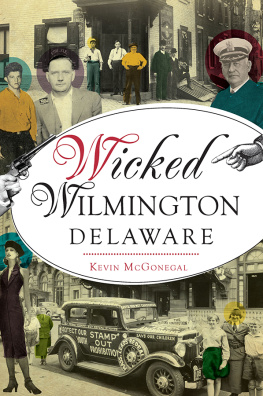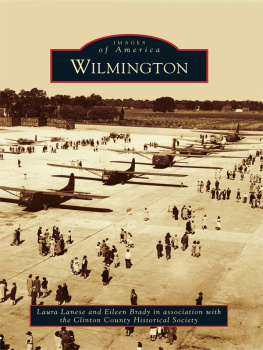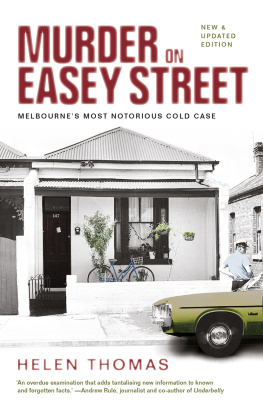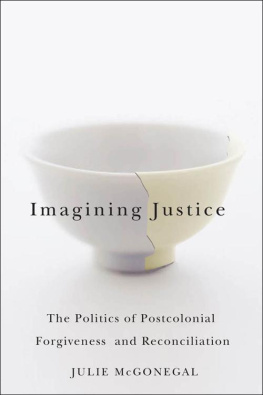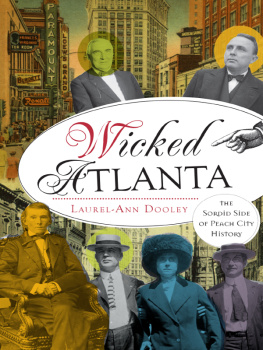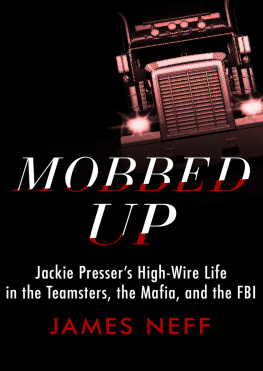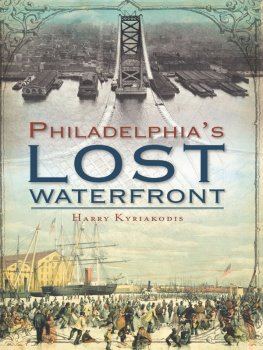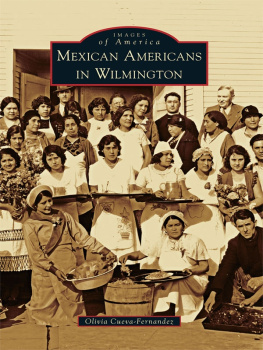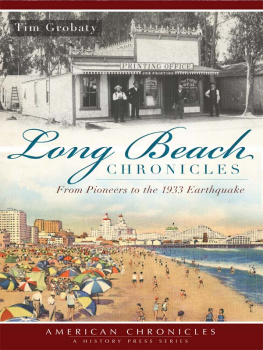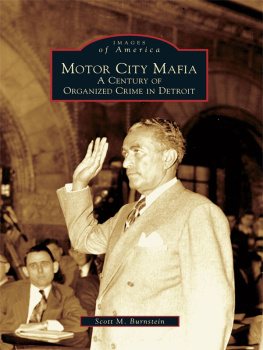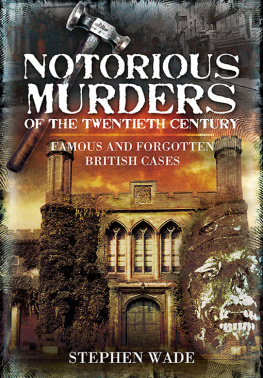

Published by The History Press
Charleston, SC
www.historypress.com
Copyright 2021 by Kevin McGonegal
All rights reserved
First published 2021
E-Book edition 2021
ISBN 978.1.43967.318.8
Library of Congress Control Number: 2021937191
Print Edition ISBN 978.1.46714.856.6
Notice: The information in this book is true and complete to the best of our knowledge. It is offered without guarantee on the part of the author or The History Press. The author and The History Press disclaim all liability in connection with the use of this book.
All rights reserved. No part of this book may be reproduced or transmitted in any form whatsoever without prior written permission from the publisher except in the case of brief quotations embodied in critical articles and reviews.
CONTENTS
ACKNOWLEDGEMENTS
This book is a collection of stories Ive written over thirty years, sometimes for various publications but most of all for my own enjoyment. My siblings and I were raised on stories told by our father about his life growing up in Wilmington, Delaware. Once described in an article in the Philadelphia Daily News as a storyteller of the old Gaelic fire-hearth mold, Dad remains my inspiration to try to tell an interesting tale.
I am forever grateful to the wonderful staffs at the Delaware Historical Society (DHS), Hagley Museum and Library and Delaware Public Archives (DPA) for their assistance on practically all of the stories included here. In particular, I want to thank former DHS curator Connie Cooper and current curator Leigh Rifenburg, Hagley staffer Angela Schad, and Bruce Haase and Connor Graham from DPA.
Bookies, Bawdy Houses and Chief Black started with some comments by my father about his fathers chosen profession and his interaction with the police. I was able to work some of Dads anecdotes into the narrative. Special thanks go to Lisa Hemphill and Joseph Sammons of the Wilmington Police Department for their assistance. Former Wilmington police officer Tom Monahan helped put Chief Black into proper perspective, and my former boss the late Mayor Bill McLaughlin supplied me with great stories of growing up on Wilmingtons east side. Also, Carol Hoffeckers book Corporate Capital was an invaluable resource.
The Three Gun Wilson story was grounded in the research materials available at Hagley Museum and Library, particularly the copy of Harold Three Gun Wilsons book about his exploits in Wilmington. John Medkeff Jr., author of Brewing in Delaware, provided me with needed background on the state of the industry before and after Prohibition and assisted with finding images to accompany the story. Daniel Okrents book, Last Call: The Rise and Fall of Prohibition, helped put Delawares Prohibition experience in a broader perspective and gave insight into Pierre S. du Ponts motivations.
The Cop and the Incorrigible also grew out of my fathers stories, these about his boyhood friend Tom Conaty. The Conaty sons, Tom, Bill and Gerry, and in particular their mother, the late Louise Conaty Wachter Hoffman, were essential to this effort, and I am grateful for their numerous contributions. Tom Conatys former partner, the late George McLaughlin, gave me great insight into police work in the 1940s and how fellow officers reacted to the Conaty murder. Former city treasurer Henry Supinski also contributed valuable records for this story.
In 1991, I wrote to Alice Gawronski after seeing an article in the newspaper about her. Twenty years later, she contacted me and said she was ready to tell her side of the story. The resulting work, Bad Choices, is my attempt to do just that. I am thankful Alice trusted me with this, and I also thank attorney Joe Hurley for his colorful re-creation of the trial and its aftermath. Author of I Heard You Paint Houses and attorney, Charles Brandt deserves my special thanks for providing background on Frank Sheeran and helping me make some sense out of a confusing tale.
Love, Lies and Lycra Secrets, the last story in the book, was actually my first attempt at publishing a story. My friend Jerry Capone brought a case he had just finished to me with the thought that I could make something out of it. That put me on the long path that led to this book, and for that, I owe Jerry my thanks. I had the incredible opportunity to interview attorneys on both sides of this case, Jerry Capone and Ray Radulski for the defense and Edmond Falgowski and now federal Appellate Court judge Kent Jordan for the prosecution. They were all very helpful and cooperative and deserving of my thanks. The central figure in the story, Maria de Bianchini, wrote a long, detailed and painfully honest letter in response to my questions, and from that, she became the narrator I needed. Her contributions made this story something special.
I want to thank, finally, my wife, Cindy, for her forbearance while I pursued these stories when I should have been pursuing something more lucrative.
BOOKIES, BAWDY HOUSES AND CHIEF BLACK
Vice in Wilmington in the 1930s
Chief Black had two rules for Mike McGonegal: dont do business with anyone from out of town and dont do business with anyone who worked in a bank. Unusual restraints for most business pursuits, but to the chief, it was a sensible and practical way to control gambling in Wilmington in the early part of the twentieth century. Today, Mike McGonegal might be referred to as a lottery commissioner, but in his day, his chosen line of work earned him the much more colorful title of bookie. McGonegal was part of the fabric of bookmaking operations, illegal bars and houses of prostitution, or bawdy houses, that flourished in early twentieth-century Wilmington with the at least tacit approval of George A. Black, the long-term chief of police and superintendent of public safety. In 1936, this understanding between Chief Black and McGonegal and similar arrangements with a madam named Edna and many others around town would come spiraling down, all set in motion because Dewey Bartlett wanted one more drink to top off the night.
Wilmington was a far different place in the years between the world wars than it is today. The city was growing and changing with an influx of immigrant workers that pushed its population up 40 percent to over 100,000 between 1900 and 1940. While in 1914 it was home to 319 manufacturing plants that employed over 15,000 workers in shipyards, tanneries, textile mills and breweries, Wilmington saw a shift in the latter part of this period to a more white-collar employment base. Manufacturing plants had declined by half by 1933, brought on partly by the Great Depression, and were being replaced by the influx of new jobs supporting DuPont, Hercules and Atlas Powder Company. It was a city of stark contrasts. The Internal Revenue Service said in 1927 that Wilmington was the richest city in America per capita, yet in the early 1930s, nearly half of the citys residences had no indoor toilets. There were strong ethnic enclaves of Polish, Irish and Italian immigrants and upper-class neighborhoods with executives working for the chemical companies. Union Park Gardens was built to provide housing for the shipyard workers in this era while Wawaset Park came into being to house executives in a deed-restricted environment.
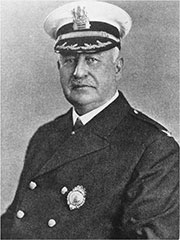
Wilmington police chief/superintendent of public safety George A. Black, 1932.
Next page
